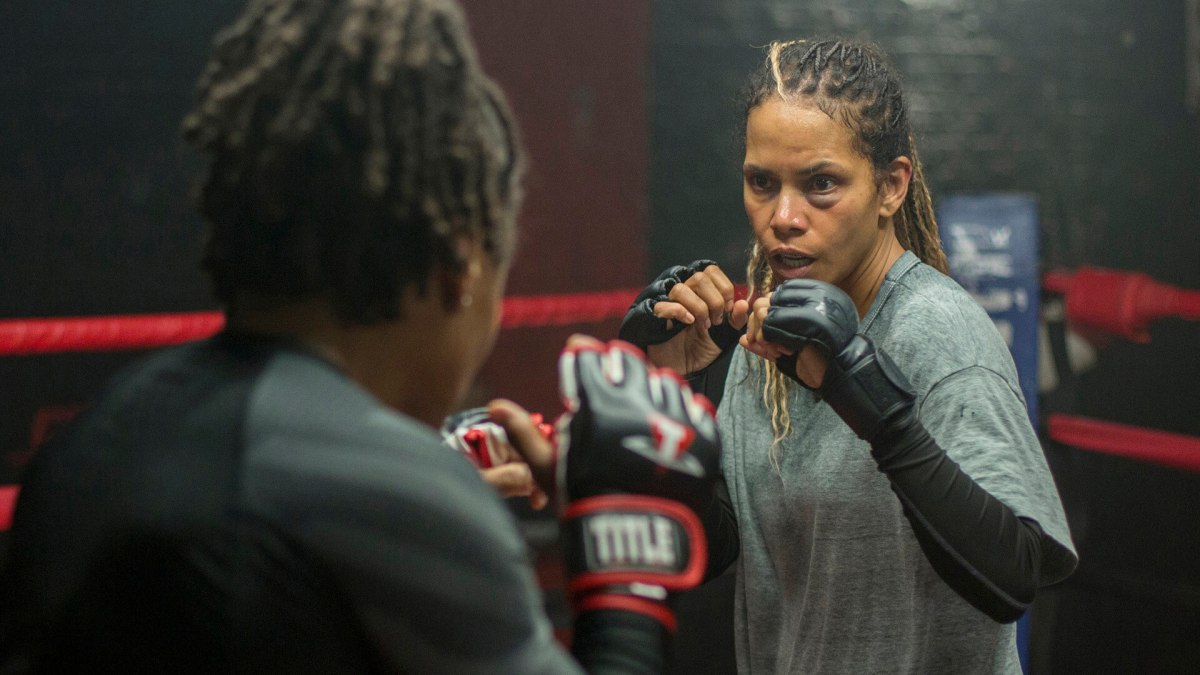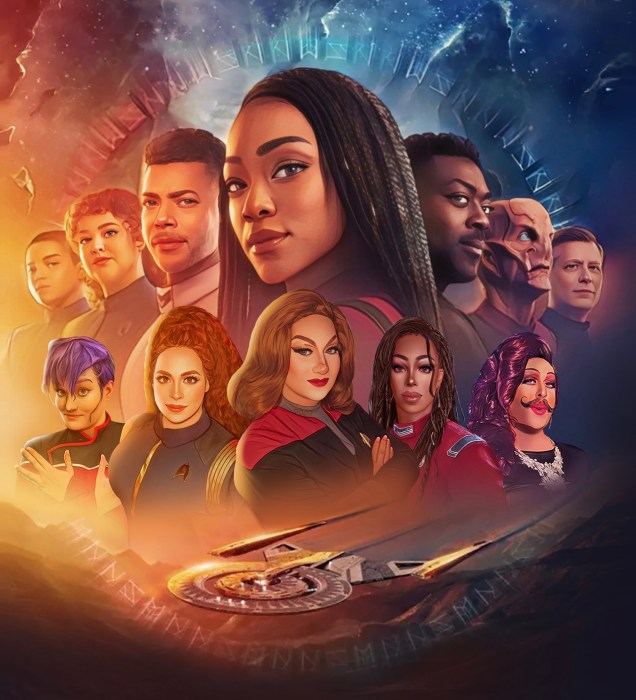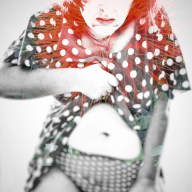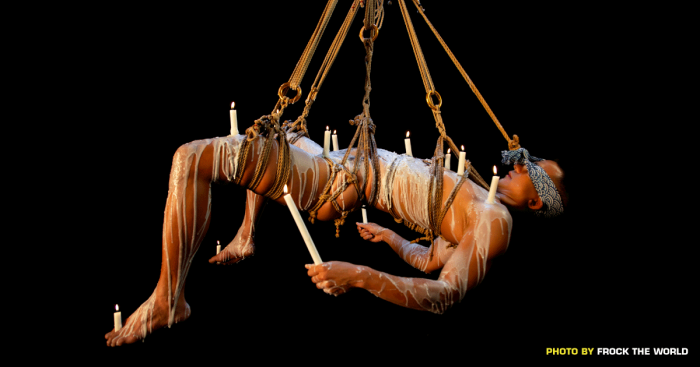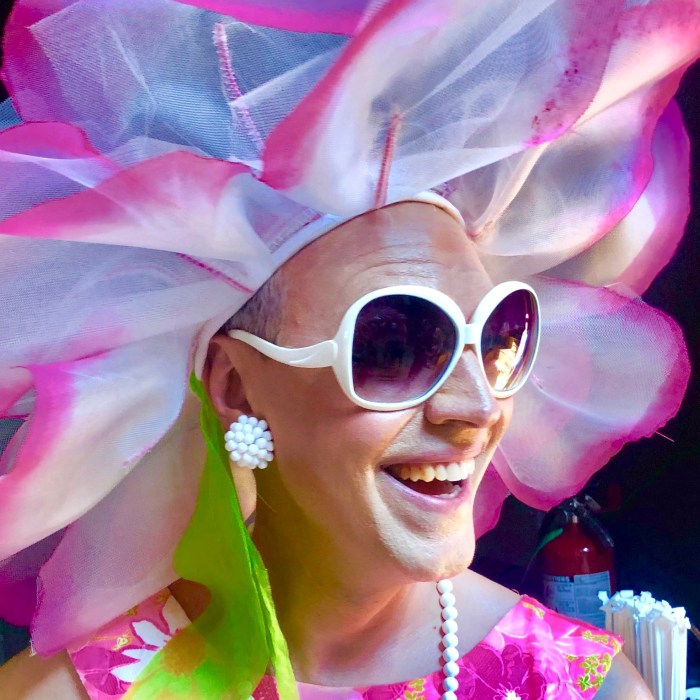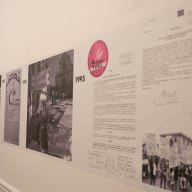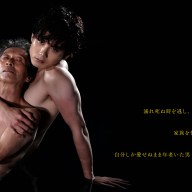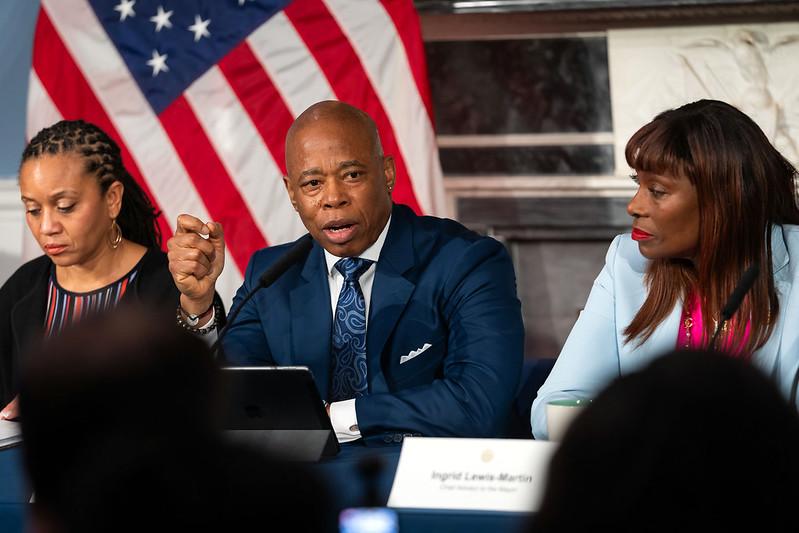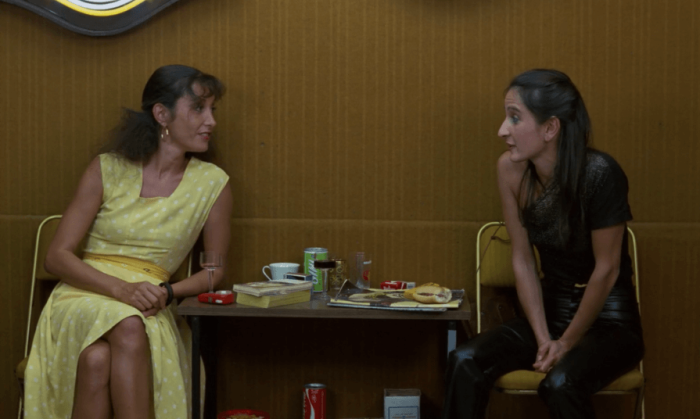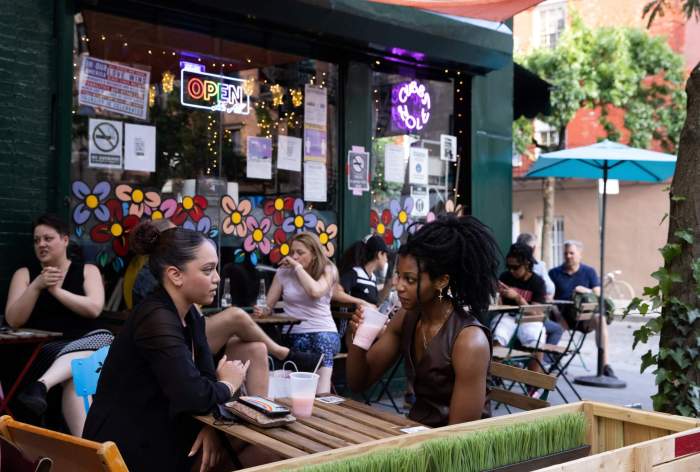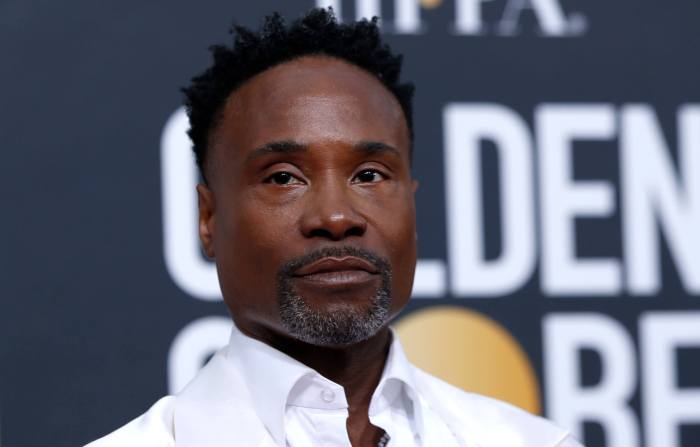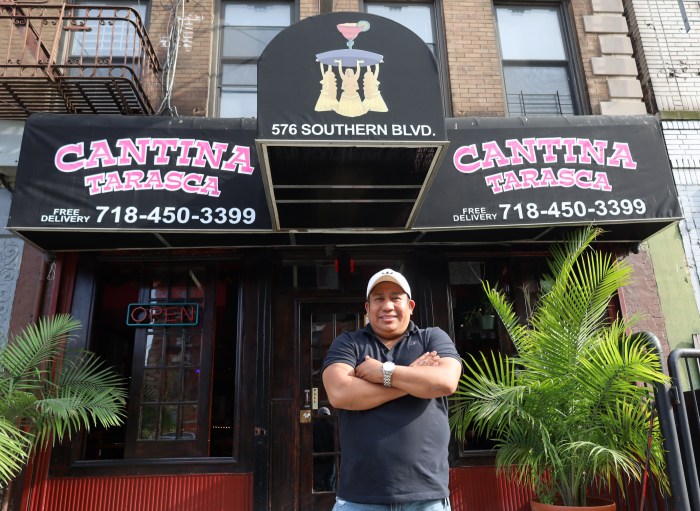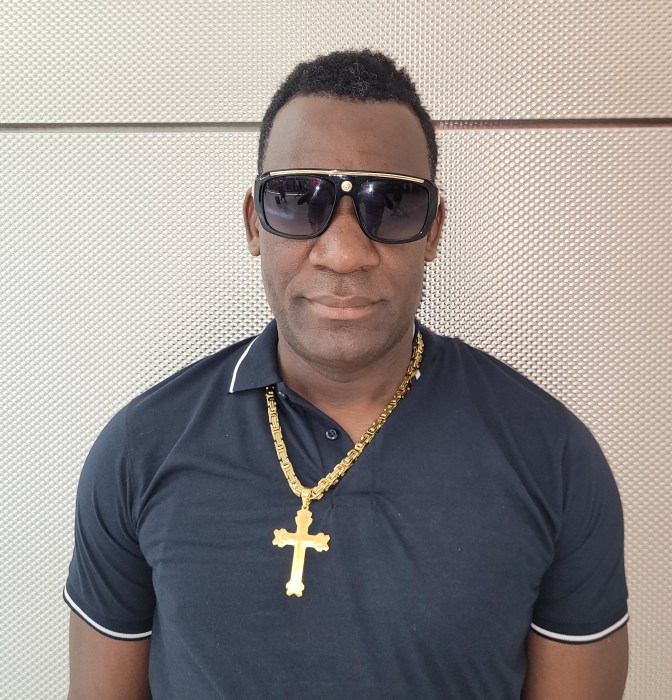Jackie Justice (Halle Berry), the disgraced MMA fighter at the heart of “Bruised” — Berry’s ambitious directorial debut — stinks of alcohol, is full of self-pity, lacks technique, and is too old. She may have been 10-0 in her prime, but she ran from a cage fight after being pummeled in the first round, practically ending her career.
She tells her boyfriend/manager Desi (Adan Canto) that she does not want to fight anymore, but he ignores her, his only client. When he takes her to an unsanctioned fight, Jackie proves her mettle, and captures the attention of an MMA promoter (Shamier Anderson) who wants her to battle Lady Killer (Valentina Shevchenko) in a title bout to regain her dignity and self-respect.
While she prepares for her comeback with the help of lesbian trainer Bobbi Buddhakan Berroa (Sheila Atim), Jackie’s life becomes more complicated when her mother (Adriane Lenox) shows up with Manny (Danny Boyd Jr.) Jackie’s 6-year-old son. Manny’s father passed away suddenly, and now Jackie must raise her child, who does not talk.
That is quite a lot to absorb, and Berry’s gritty drama, “Bruised,” makes viewers feel every physical and emotional body blow. As a director, Berry emphasizes the strenuous, physical training and the chilliness of an ice bath. She does not shy away from showing some rather graphic violence in and out of the ring. The filmmaking style is “intense,” even during an episode where Jackie has a panic attack in a bathroom. It is hard not to feel empathy for her character, and Berry deglamorizes herself throughout the film — her face is bloodied and cut more often than it is not — as if to enhance credibility. The Oscar-winning actress gives a strong, muscular performance, but it seems to be overcompensating for this otherwise underwhelming drama.
“Bruised” is an all too familiar comeback story, and screenwriter Michelle Rosenfarb (her debut feature) hits all the expected points. Watching Jackie fill a cleaning bottle with alcohol in the early scenes so she can secretly self-medicate will, of course, lead to her emptying the liquor cabinet later. Jackie’s relationship with Desi will involve domestic violence when she “chooses” her son over her lover. Jackie’s complicated relationship with her mother eventually reveals a cycle of sexual abuse (that unfortunately lacks real impact). When Jackie hesitates at Buddhakan’s touch, it is no surprise that the two women will soon enter into a sexual relationship. Even the theme of Jackie running from her problems (e.g. the fight or flight metaphor) is overused.
Berry is best when she concentrates on the relationship between Jackie and Manny, and scenes of her caring for him are compassionate. A sensitive moment has Manny hearing a song that reminds him of his late father, and Berry milks it for all its sentiment. It leads to a sweet scene of mother and son attending a matinee together. These episodes are meant to counterbalance Jackie’s anger and fear, but they can feel stretched out needlessly, as when Jackie makes an effort to enroll Manny in school.
Similarly, while Buddhakan provides a calming, grounded presence in Jackie’s tumultuous life, when she tells Jackie, “You grew up with damage, and survived on rage,” it is more obvious than insightful. “Bruised” never digs deeper; most of the talk is used to raise an issue rather than address it, which is a drawback. Moreover, the few romantic encounters between the two women comes off as contrived, or a convenience, rather than anything truly emotional. That said, it is nice to see someone being tender towards Jackie.
Overall, “Bruised” rarely generates a rush to the senses. This happens mainly in Jackie’s title bout with Lady Killer. The extended five-round fight may be formulaic, but to her credit, Berry makes the sequence exciting even for viewers who are not fans of MMA-style fighting.
“Bruised” may be a bit slick, but it is ultimately rousing, because Berry has made Jackie an underdog in the “Rocky” mode. (It’s tempting to call the film “Rockette”). Her flinty performance is better than her adequate directing. But she does well with her actors, letting Adan Canto dominate in his scenes, or Adriane Lenox chew the scenery a bit in hers. Berry certainly has a rapport with the expressive Danny Boyd Jr. as Manny, and when she tells him she will protect him, it is a nice bonding moment. In support, Sheila Atim is magnetic as Buddhakan, and steals her every scene, and Berry gives reliable character actor Stephen McKinley Henderson a nice opportunity to shine as Pops, Jackie’s coach, for her big fight.
“Bruised” is flawed, but like its damaged heroine, it is hard not to root for it.
BRUISED | Directed by Halle Berry | Available on Netflix.

